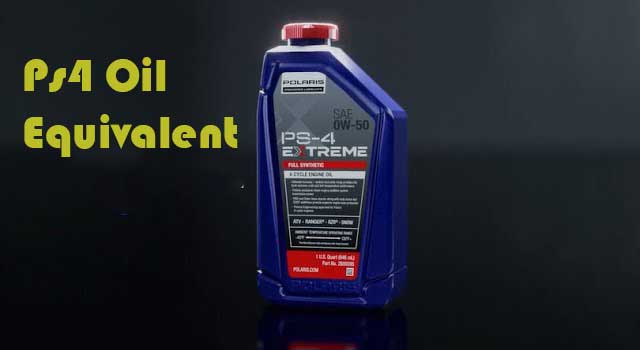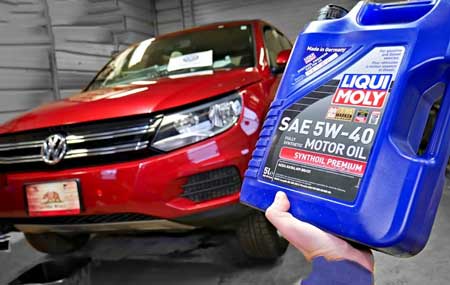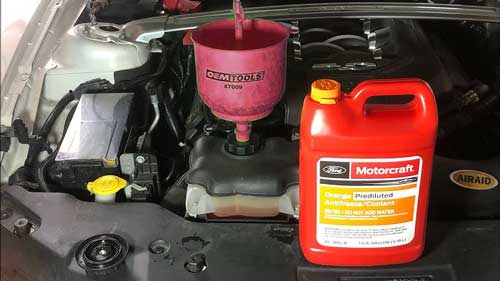Finding the Right ATF: Type a Transmission Fluid Equivalent Explained
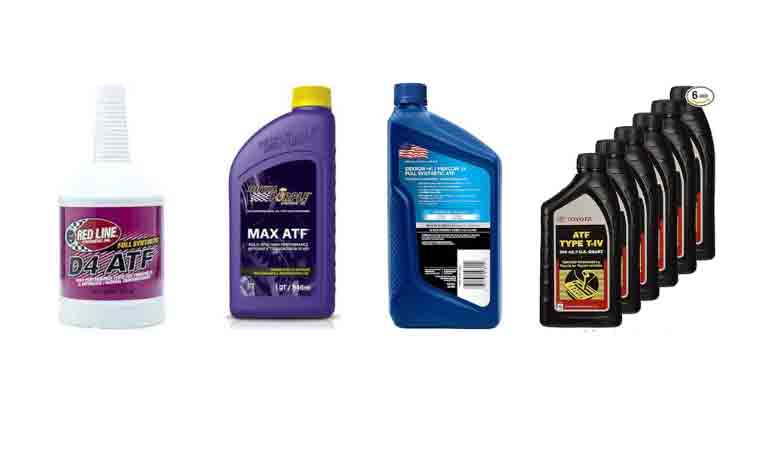
The most popular Type A Transmission Fluid equivalents are Valvoline DEXRON VI, Toyota Transmission Fluid, and Royal Purple Transmission Fluid. Also all type of Dexron II and Dexron III are also alternatives to type a transmission. Dexron B replace Type A suffix A Transmission fluid and Type A fluids. So you can use dexron fluid as a type A replacement. Read to learn more about type A fluid.

Type A Transmission Fluid Equivalent
Valvoline DEXRON VI is compatible with all type “a fluid that offers enhanced oxidation stability and friction control, ensuring smooth shifts and optimal performance. Its advanced formulation is compatible with a wide range of vehicles, making it a reliable choice for modern transmissions.
Toyota Transmission Fluid is a modern replacement for type A, designed specifically for Toyota vehicles, guaranteeing compatibility and performance. Crafted with precision, it ensures efficient gear shifts and reliable protection for your transmission, aligning with original Type A quality and durability.

Royal Purple Transmission Fluid boasts superior thermal stability and wear protection. Its synthetic blend offers enhanced lubrication, reducing friction and enhancing transmission longevity. This fluid is ideal for performance-oriented vehicles and those seeking exceptional reliability.
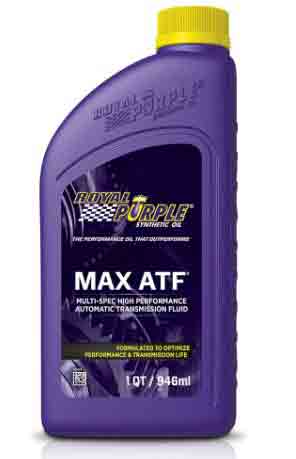
Red Line D4 ATF Transmission Oil, is a high-performance synthetic ATF fluid designed for automatic transmissions. This premium product can use with power steering systems, ensuring smooth operation.
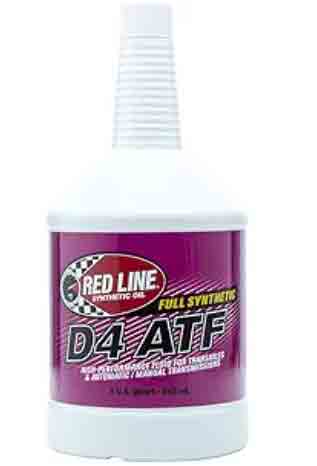
It is a transmission fluids that meet GL-4 level specifications, making it an ideal choice for a wide range of vehicles. Its backward compatible with type with all type “a applications, offering exceptional lubrication and protection.
What is Type A Transmission Fluid
Type A transmission fluid, initially introduced in the 1950s for automatic transmission systems, was a standard for many years. It was commonly used with Dexron-compatible vehicles. However, since Type A transmission fluid is no longer available now. So you need to find a perfect equivalent to type A (old type).
Type Of Transmission Fluid
There are different types of transmission fluids, and understanding these types is important for proper vehicle maintenance and performance. Here are the key types of transmission fluids:
Automatic Transmission Fluid (ATF)
- Most commonly used in automatic transmissions.
- Comes in various formulations, such as Dexron, Mercon, and ATF+4.
- Different car manufacturers may specify a particular ATF type, so it’s essential to use the correct one for your vehicle.
- Contains base oil.
- Some ATFs are designed for specific makes or models, while others are more versatile.
- Check your vehicle’s owner’s manual or consult the manufacturer for the recommended ATF type.
Manual Transmission Fluid
- Manual transmissions require a different type of fluid, typically referred to as manual transmission fluid or gear oil.
- These fluids have a higher viscosity than ATF and are designed to provide lubrication and cooling for the gears in a manual transmission.
- Manual transmission fluid is often available in different viscosities, so be sure to use the correct grade for your vehicle.
Continuously Variable Transmission (CVT) Fluid:
- CVTs require a specialized transmission fluid designed for their unique design.
- CVT fluid helps maintain smooth and continuous power delivery, and it contains additives to prevent wear and overheating.
- It’s crucial to use the specific CVT fluid recommended by the vehicle manufacturer.
Dual-Clutch Transmission (DCT) Fluid:
- Dual-clutch transmissions, which are a type of automated manual transmission, require a specific DCT fluid.
- DCT fluids are designed to handle the higher temperatures and friction associated with this transmission type.
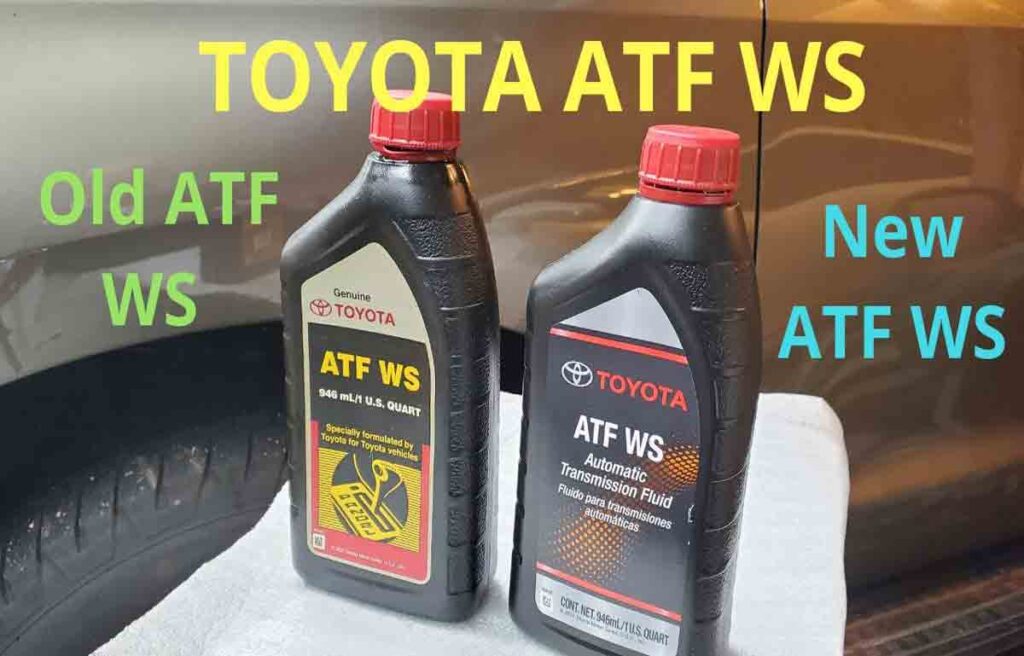
Read More About Wss M97B44 D2 Equivalent: A Comprehensive Overview
Type A Transmission Fluid Vs Type F
Type A and Type F are two distinct automatic transmission fluids (ATF) used in different automotive brands. Type A ATF is primarily associated with General Motors (GM) vehicles, while Type F ATF is designed for Ford vehicles.
These fluids have specific properties and compatibility tailored to the respective manufacturer’s transmission systems. Both Type A and F fluid contains whale oil. Type F transmission fluid is less smooth than type A.
Significance of Using the Correct Equivalent
Preserving Transmission Longevity
Selecting the right equivalent fluid ensures proper lubrication, reducing friction and wear on transmission components. This safeguard prevents premature breakdown and extends the overall lifespan of the transmission system.
Maintaining Fuel Efficiency
The correct fluid equivalent helps in optimizing the transmission’s efficiency, contributing to better fuel economy. Smooth gear shifts and reduced friction mean the engine works more efficiently, consuming less fuel.
Enhancing Heat Dissipation
Proper transmission fluid equivalent facilitates effective heat dissipation, preventing overheating during prolonged use. This feature is crucial for heavy-duty applications or towing, where excessive heat can cause performance issues.
Preserving Warranty Coverage
Many vehicle warranties require using manufacturer-recommended fluids to maintain coverage. Choosing the correct equivalent ensures adherence to warranty terms, protecting you from potential disputes over maintenance practices.
Resisting Fluid Breakdown
The right equivalent fluid maintains its properties over time, resisting oxidation and degradation. This stability ensures that the fluid can withstand the demands of various driving conditions and temperature ranges.
Read Also Jdm J20C Equivalent: Making Informed Hydraulic Fluid Choices
Factors to Consider When Selecting an Equivalent Fluid
Viscosity and Operating Temperatures
Choose a fluid with viscosity suitable for your vehicle’s temperature range. Opt for lower viscosity for cold climates and higher viscosity for hot conditions, ensuring smooth shifts regardless of the environment.
Transmission Type and Compatibility
Match the fluid to your transmission type—automatic or manual. Ensure compatibility with your transmission’s design, as different systems require fluids with distinct properties.
OEM Recommendations and Specifications
Refer to the vehicle manual for manufacturer-recommended specifications. Adhering to these guidelines ensures you’re using a fluid that meets the exact requirements of your vehicle.
Additive Formulations and Performance
Consider additives such as anti-wear, anti-foaming, and detergents. These formulations contribute to improved performance, protection against wear, and overall transmission health.
Seal Compatibility and Leakage Prevention
Ensure the selected fluid is compatible with seals and gaskets in your transmission. Using an incompatible fluid could lead to leaks and potential damage to components.
Driving Conditions and Usage
Evaluate your driving habits—normal, towing, or heavy-duty. Select a fluid that matches your usage to guarantee optimal performance and longevity under your specific driving conditions.
Fluid Longevity and Maintenance Intervals
Look for a fluid with extended service life to reduce maintenance frequency. Choosing a fluid with durability can save you time and effort in regular fluid changes.
Environmental Impact and Regulations
Consider eco-friendly options that adhere to environmental regulations. Responsible fluid choices contribute to sustainability and minimize the impact on the ecosystem.
Steps to Find the Type A Automatic Transmission Fluid Equivalent
Consult Your Vehicle Manual
Refer to your vehicle’s manual for manufacturer-recommended specifications and fluid types. Look for information related to Type A transmission fluid equivalents.
Online Cross-Reference Databases
Utilize online databases that provide cross-reference information for transmission fluids. Enter your vehicle’s make, model, and year to find suitable equivalents.
Contact Dealerships or Mechanics
Reach out to authorized dealerships or mechanics who specialize in your vehicle’s brand. They can offer expert advice on selecting the correct fluid equivalent.
Engage Automotive Enthusiast Forums
Participate in online forums or communities dedicated to your vehicle’s make and model. Fellow enthusiasts might share their experiences and recommendations for Type A equivalents.
Check Online Retailers and Auto Parts Stores
Browse online retailers and auto parts stores for Type A transmission fluid equivalents. Ensure the product specifications match your vehicle’s requirements before purchasing.
What Happens If You Use the Wrong Transmission Fluid Equivalent
Using the wrong transmission fluid equivalent can lead to:
- Damage to the transmission system: Incompatible fluid may not provide proper lubrication and cooling, causing overheating and wear.
- Reduced performance: Incorrect fluid can lead to slipping, poor shifting, and decreased fuel efficiency.
- Seal and gasket damage: Mismatched fluids may degrade seals, leading to leaks and potential costly repairs.
- Warranty voiding: Using the right fluid is often required to maintain the manufacturer’s warranty.
- Costly repairs: Replacing or repairing the transmission can be expensive when damaged by using the wrong fluid.
FAQ
What is a substitute for Type A transmission fluid?
A suitable substitute for Type A transmission fluid is a Dexron/Mercon ATF, which is compatible with older transmissions.
What vehicles use Type A transmission fluid?
Type A transmission fluid was commonly used in older vehicles with automatic transmissions, particularly those manufactured before the 1980s.
Does the kind of transmission fluid matter?
Yes, using the correct type of transmission fluid is essential for proper lubrication, shifting, and overall performance of your vehicle’s transmission.
What color is Type A transmission fluid?
Type A transmission fluid is typically red in color, but variations in hue can occur due to usage and aging.
Is transmission fluid oily?
Yes, transmission fluid is typically oily in texture, as it is designed to lubricate and cool the transmission components.
Is Type A transmission fluid the same as hydraulic fluid?
Type A transmission fluid is not the same as hydraulic fluid, but they share similarities. Type A transmission fluid is designed for automatic transmissions, while hydraulic fluid is used in various hydraulic systems, such as power steering and brakes, due to their lubricating and pressure-transmitting properties.

Conclusion
Discovering the right “Type A Transmission Fluid Equivalent” is a tough task. With intricate knowledge of fluid types, compatibility, and meticulous selection, the transmission’s vitality takes center stage.
So, as you navigate this journey, remember: the search for the perfect transmission fluid equivalent is more than a task; it’s an investment in your vehicle’s vitality and driving experience.
